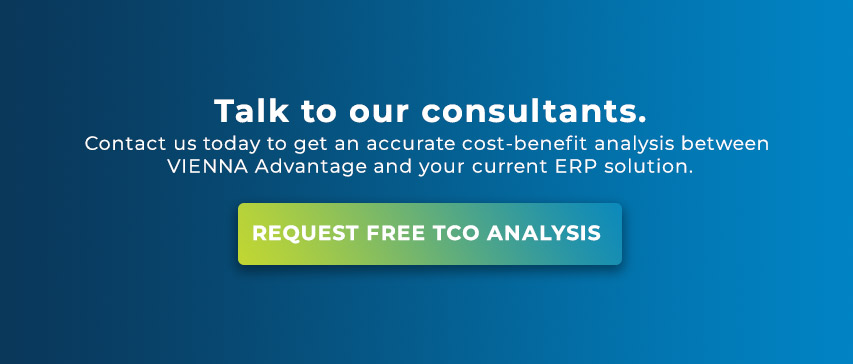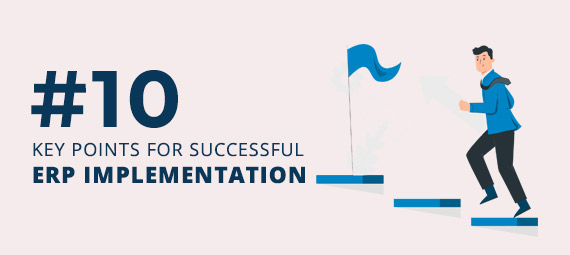
Choosing an ERP solution for your business is an exhaustive and overwhelming process. More so, if not carefully deliberated and analyzed, it can lead to ERP implementation failures, which above all will have massive cost implications and impact the efficiency of your business processes. These failures can happen due to a host of reasons such as inaccurate software-business fit, insufficient resources, lack of training, or even absence of proper testing. As daunting as it sounds, these failures can be easily avoided if certain considerations are made before implementing an ERP system.
Below we have evaluated 10 key considerations that will ensure you find the right ERP fit for your business.

#1 Cloud vs. On Premise ERP implementation
The first thing to consider is what kind of IT infrastructure would be suitable for your business. Would you go for an on-premise environment or opt for the cloud. Well, the main difference between the two lies in cost. On-premise software requires a server infrastructure which in itself is a huge financial undertaking. The cost of running and maintaining an on-premise environment is therefore exponentially higher than cloud ERP. Cloud, on the other hand, in addition to being more cost-effective, offers access to real-time analytics, has low operational costs, and is a lot more flexible. It also provides increased data security by encrypting and storing all the data within the ERP system rather than having third-party devices backing up your data. This is one of the reasons, most companies are moving to the cloud and reducing their on-premise dependencies. However, if you have an existing server infrastructure, an on-premise environment would be more cost-effective and perhaps more suitable for you.

#2 Perpetual License vs. Subscription
A perpetual, or one-time license involves a hefty upfront payment for the license and subsequently an annual 25% of the license fee for maintenance and upgrades. A subscription model on the other hand involves a low upfront cost and periodic payments which include upgrades, customer service, and maintenance of the entire IT infrastructure. If you have already invested in a robust infrastructure, then a perpetual license would be more appropriate ERP implementation approach. Why pay periodically, when you can use existing infra-capacity? Having said that, 80% of vendors now are leaning towards the subscription ERP implementation model, so it may be safe to assume that very soon, perpetual licenses will become a thing of the past.

#3 Number of Users
You must have a clear idea of your end-users because that will help determine the cost incurred in the implementation of the system. ERP systems are sold on a per-user basis, which means an enterprise with a large number of end-users will need to pay substantially higher than an SMB with a much smaller team managing and operating the ERP system on a daily basis.

#4 A Perfect Fit For Your Requirements
A common reason for ERP failures is businesses trying to adapt their requirements to the ERP systems’ capabilities. An ideal ERP system will be one that complies with and adapts to your business needs rather than the other way round. At VIENNA Advantage, for example, we always start by trying to understand our clients’ business and their specific requirements. Based on this analysis, we draw up a blueprint document. Once this blueprint document is signed off, we start working on building, configuring, and customizing the ERP system. This is key in ensuring a smooth functioning ERP system and successful ERP implementation.
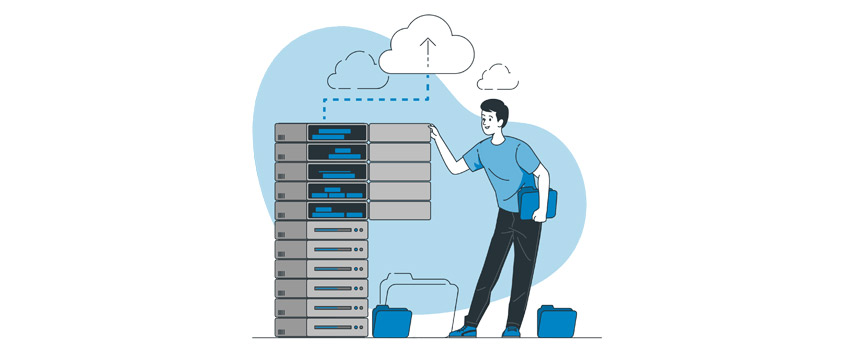
#5 Existing Infrastructures
Before deciding on your ERP system fit, it is important to analyze what infrastructure is available to you. If you go down the on-premise route, then it is important to consider the server specifications. You must have a server that is robust enough to handle the day-to-day load of the ERP system. In addition, it must accommodate a security system that will ensure data security. This of course will have cost implications as well.
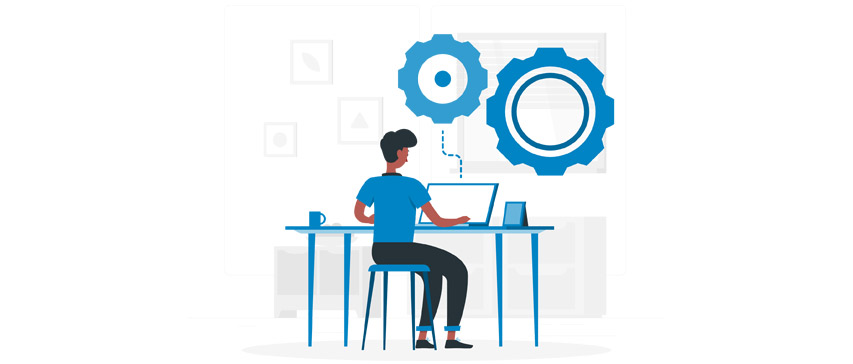
#6 Complete Customization
There are ERP systems available that come with a ‘ready to use’ tag. These allow no flexibility in terms of customization and you will need to alter your business needs to adapt to it. It’s important not to fall into this trap! Make sure your ERP system is completely customizable. The system needs to adjust to your needs, not the other way round. That’s why at VIENNA Advantage all our solutions within our ERP system are highly customizable and can fit in like a glove with our customer’s specific business flow.
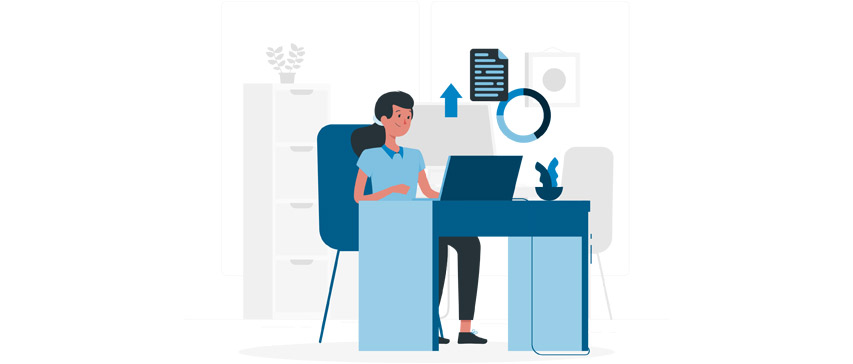
#7 Third-Party Integration
Another thing to consider is whether your ERP system requires third-party devices for support, like barcode readers, POS machines, etc. There are however vendors like VIENNA Advantage, who can offer you the whole package. Whether it is end-to-end solutions or an open-core to integrate third-party applications, VIENNA Advantage has got you covered.
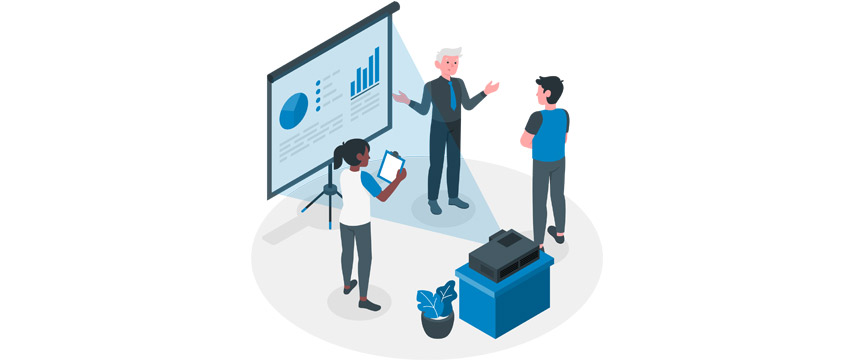
#8 Resource Training
One main reason for ERP system failures is the lack of proper training of the end-users. To ensure a successful ERP implementation and smooth functioning of your ERP system, you will have to invest in proper personnel training. Operating the specific customizations as well as the third-party devices requires proper know-how.
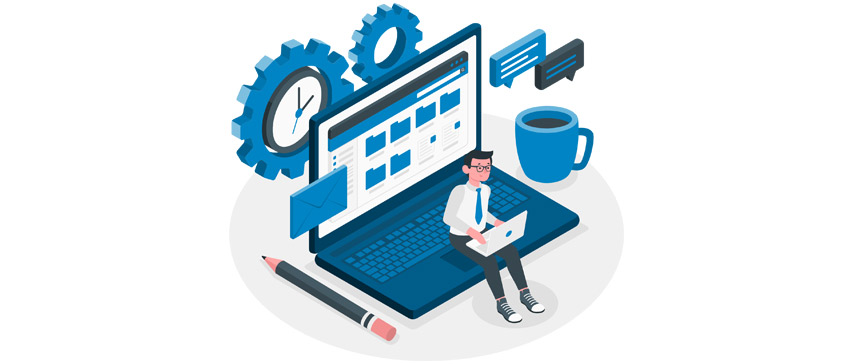
#9 System Maintenance
Another factor to have major cost implications is the cost of maintenance of the ERP system. ERP systems operate on reactive maintenance, and if you’re on a Perpetual License, you will usually need to pay an annual fee of 25% of the license fee for maintenance and upgrades. A subscription model will of course have it all covered till the end of the lifespan of that particular ERP system. Here too, tread with caution. Some vendors, do not offer upgrades as part of the maintenance package. Go for a vendor like VIENNA Advantage, which offers upgrades as a part of the maintenance package and has no hidden costs.
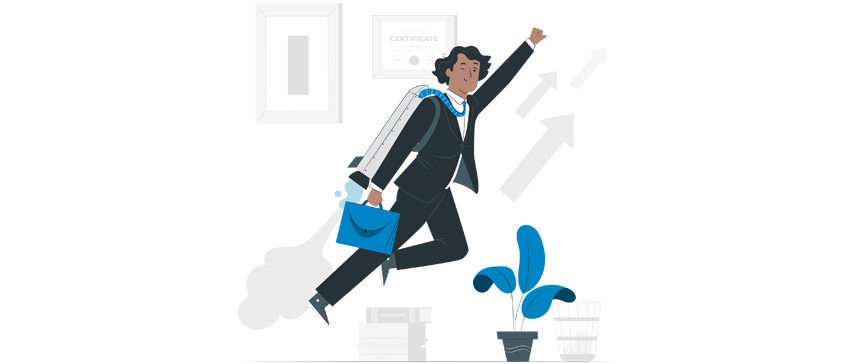
#10 Scalability
The last thing to consider before deciding on your ERP system is whether your system of choice has the capability to grow with your business. Your ERP system will be a long-term investment so it is imperative to make sure it can support you on a global platform as your business requirements keep growing. To ensure this, you must analyze the features, modules, and their integration possibilities before making your decision.
Your ERP system will be one of your singularly large business investments. So it’s important, you deliberate and evaluate all options minutely before making your decision. We agree, there are a lot of factors to assess and it can all get a bit intimidating. Take it step-by-step and evaluate each point discussed above. If still in doubt, contact us at VIENNA Advantage and we will hook you up with a system perfectly custom-made especially for your business.
